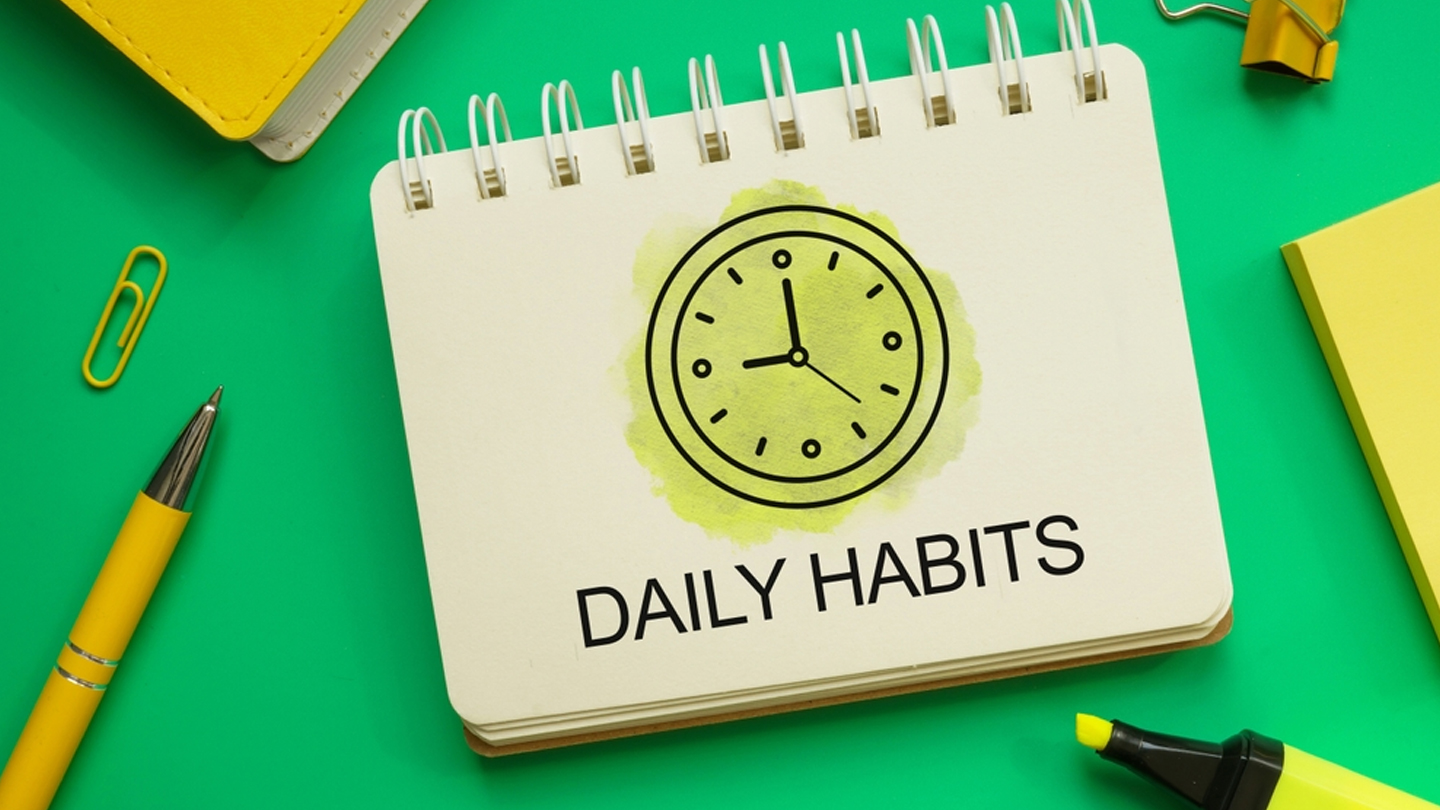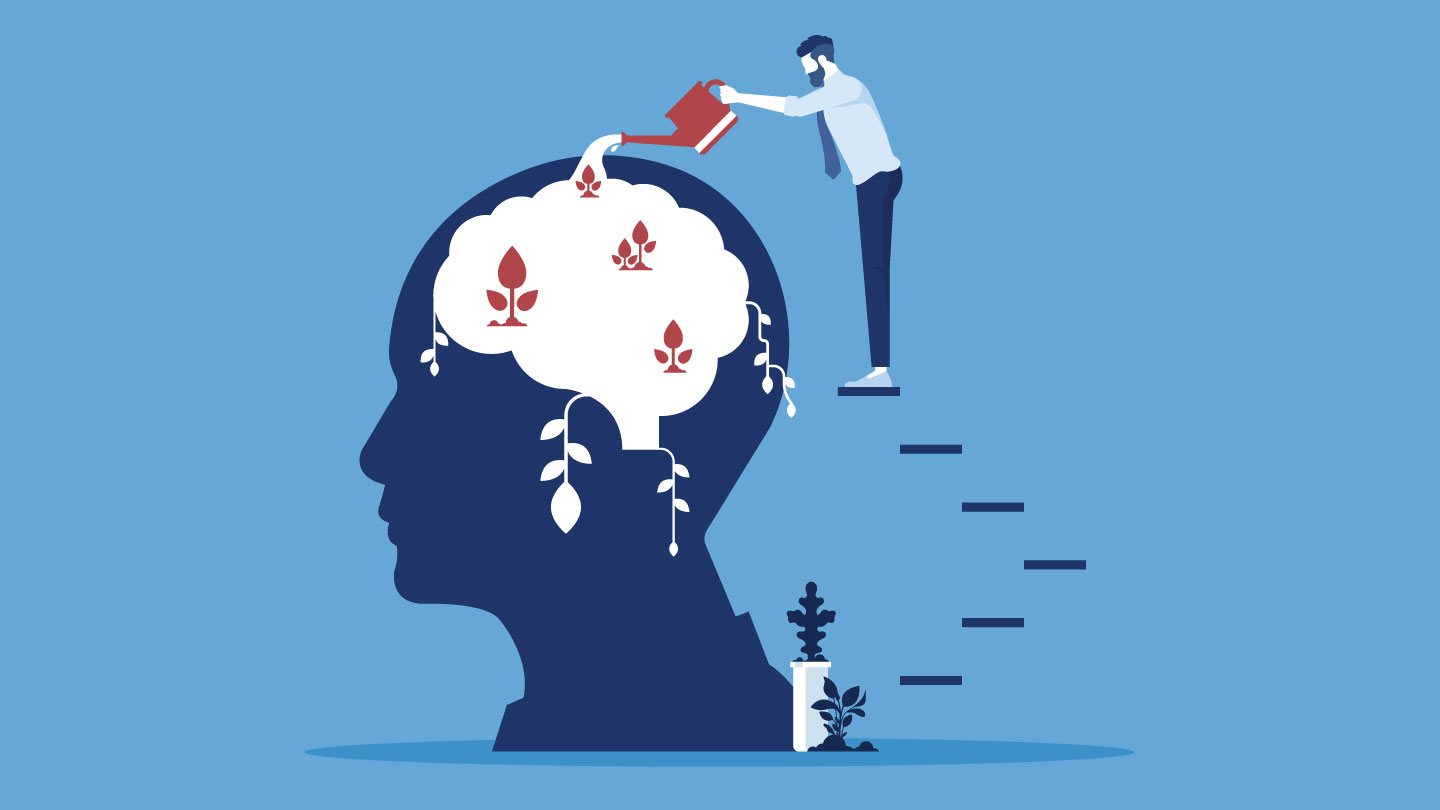Miscellaneous
10 Easy Coping Tools That Calm Complicated Feelings
Feeling overwhelmed? Start by naming the feeling, not avoiding it. Then use a tool that matches. Read to know more.

Progressive Muscle Relaxation
Stress lives in the body first; releasing muscle tension lowers cortisol and signals safety to the brain.
Practise when: Jaw, shoulders, or fists feel tight; before sleep or after a tense interaction.
Sensory Grounded Visualisation
The brain vividly imagines calm scenes like real safety cues, instantly easing emotional intensity.
Practise when: Before meetings, travel, confrontation, or a moment of spiralling thoughts.
Best-Possible-Self Future Bridging
Mentally stepping into a version of yourself that’s coping, thriving, or healing builds optimism and reduces emotional distress.
Practise when: You need hope, direction, or to break the “I can’t do this” loop.
Micro-Moment Savouring
Lingering on small positives every day builds emotional resilience by expanding the duration of feel-good neurochemicals (dopamine, serotonin, endorphins, and oxytocin).
Practise when: During transitional periods (morning, lunch, shower, sunset, commute).
Precision Gratitude Journaling
Specific gratitude entries shift neural focus from threat-scanning to safety-scanning over time, improving life satisfaction.
Practise when: Nightly for an emotional reset or morning for a steadier day.
Cognitive Reframing (No Sugar-Coating)
Naming a thought and shifting its frame reduces rumination and anxiety while improving emotional control.
Practise when: Catastrophising, comparing, or making emotionally loaded choices.
Meaning-Focused Coping
Finding purpose in what you cannot change improves acceptance and long-term resilience.
Practise when: During uncertainty, grief, slow recovery phases, or uncontrollable stress.
Connection as Intervention
Verbalising emotions to a trusted person stops emotional amplification and increases psychological safety.
Practise when: You feel stuck, isolated, triggered, or emotionally heavy.
Healthy Self-Distraction Reset
Short, absorbing activities redirect the brain without avoidance, protecting against emotional spirals and burnout.
Practise when: You need a pause but cannot fix the problem immediately.
Example: clean a corner, step out, and notice 5 things you like, etc.
Hope Conditioning
Hope strengthens coping behaviours by priming the brain for solution-finding, lowering stress perception.
Practise when: A tough day begins or before ongoing challenges.
Precision Gratitude Journaling
Specific gratitude entries shift neural focus from threat-scanning to safety-scanning over time, improving life satisfaction.
Practise when: Nightly for an emotional reset or morning for a steadier day.
Boost your coping success, name the emotion, then pick one tool and commit for 2 minutes. Small, consistent responses beat grand resets every time. Personalised guidance, real results. Book a consultation with an expert and get the support you need.
EXPLORE MORE
Health needs to be taken care of at every stage of life; let’s see what science really says about staying strong and well through every decade.
Your brain is wired to resist change. Here’s how to outsmart it and finally achieve those lifestyle goals.
Weekly weigh-ins give you honest feedback without the stress of daily swings, and they might be the one habit that helps you stay consistent when motivation dips.
A few simple and deliberate breaths can switch your brain from chaos to calm. Read on to know how.





.jpg)

